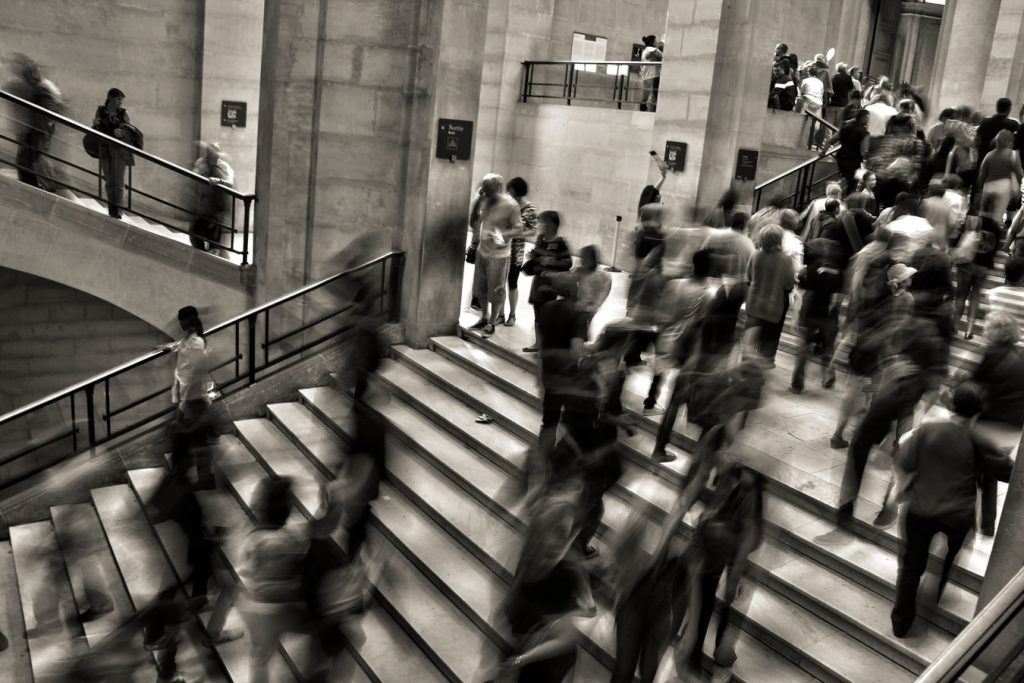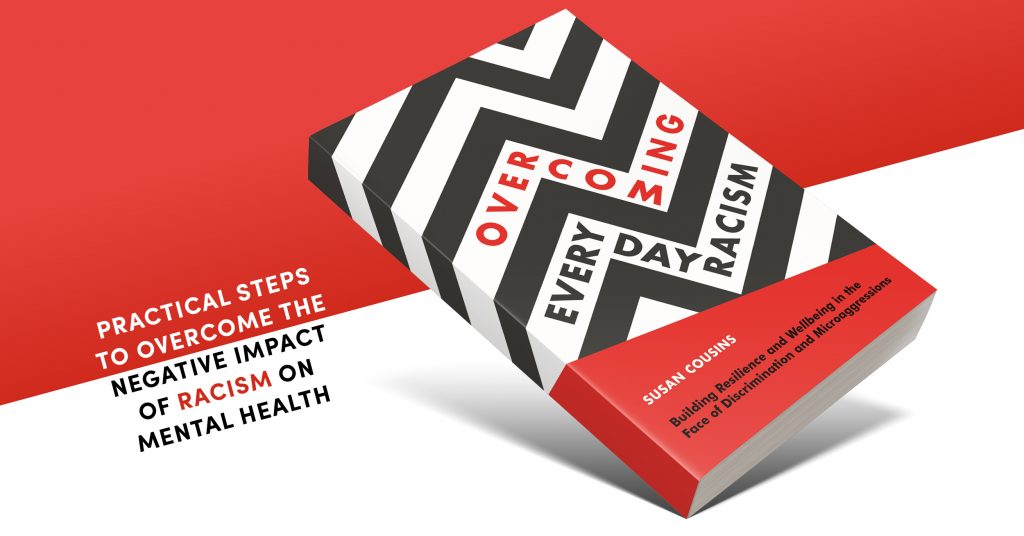Only You can Determine the Best Course of Action for You

By Susan Cousins, Author of Overcoming Everday Racism
The Equality and Human Rights Commission recently and publicly launched its inquiry into racial harassment in Higher Education, stating that ‘Racial harassment is a common experience for a wide range of students and staff in universities across England, Scotland and Wales’.
The EHRC has sent out a strong message to the Higher Education sector; effective routes for reporting racial harassment in universities must be improved and processes put in place to support students and staff who have experienced or witnessed forms of racial harassment as well as to collect robust data. I would appeal to our universities to take stock, to step back and to take time in thinking about the best ways forward for their students and staff in their institutions.
Reporting racial harassment in universities in particular can be an extremely frightening experience, taking you into unknown and uncomfortable areas that need, in my view, a complex and nuanced approach, particularly when there are few BAME staff in Academic, Professional and Students Support Services across the sector never mind those who hold any seniority. I feel we need to be mindful of mechanistic, bureaucratic processes, too quickly implemented without thought that could not only do harm but increase harm to BAME students and staff.
In most universities reporting processes and their impact on BAME people will effectively be put in place by white people, so consultation with BAME students and staff should be a priority even though it might make for difficult hearing. We need to think carefully and considerately about the recording of ‘informal complaints’; how we enact these processes should not amount to a narrow set of choices. There should be a full range of options within a process of recording and informal recording in my opinion should be a consequence of an agreement between the students and staff within the University.
Being outed and labelled as a troublemaker, activist or radical repeat complainer places BAME students and staff in vulnerable positions. Confidentiality is a key to trust and will involve the capacity of white allies to understand the fundamental risk to the reporting student or staff member of a University. Reporting racial harassment in universities – predominantly white spaces – where conversations about race are yet to be normalised, often means competency is lacking and BAME students and staff have often reached peak exhaustion, from giving up their unpaid time to improve race-equality up against the prevailing view that denies its existence.
We need to understand the feelings and thoughts behind the resistance to reporting before implementing solutions. Universities remain ill-equipped and need to increase levels of trust and understand they are not the safe liberal locations they have felt themselves to be. To promote effective practice, effective reporting needs to take into account that when met with accusations of racism the institutions will resort to denial of the event, minimising its impact, asking invasive questions, demanding evidence and proof without considering the psychological and emotional distress of the target so the target is therefore re-experiencing racism whilst in the process of seeking support. Questioning someone’s reality, lately referred to as ‘gaslighting’, is dangerous to the human psyche.

For example, providing routes for supporting race hate crimes or incidents that are anonymous might provide a first step in the confidence of reporting because students and staff are unlikely to experience one-off incidents and more likely to experience repeated incidents. The existence of unfairness in Higher Education is not easily proven and easily challenged because it flows silently through the structures of systems of power within our institutions. We no longer need to explore racism, we know it exists and is deep seated and woven into the fabric of our society and culture. BAME people have little control over whether we become victims of exclusionary practices, life goes on, whatever the most-up-to date management strategies or legislation set out to deliver.
As someone who has reported a hate crime to the police and where the alleged perpetrator was arrested under suspicion of causing a ‘public order offence’, I know how emotionally exhausting and stressfully demanding the process can be. I was interviewed by the police on my own for 3 hours. Not only does that take huge amounts of energy, but it was frightening. The police will collect all sorts of relevant information; details of the event, assess risk to yourself in case there is a repeated targeting. They will want to know if you are depressed, anxious or suicidal. These questions in themselves are – though necessary – bewildering and confusing as they appear irrelevant. Good police work will prioritise building a relationship with you, hearing and respecting all you have to say. You are entitled to an enhanced service as you will be deemed to have been the victims of a serious crime.
It’s perfectly normal to experience forms of psychological distress. Inevitably you will wish to stay indoors and feel safe, perhaps adapting your everyday life because you are too afraid to go out. You may avoid places where you have been targeted or become too frightened to visit friends or even make it to work. These new behaviours might feel safer and are understandable for a while, but should you experience prolonged changes or thoughts and feelings that are intruding on your wellbeing, seek support from friends, staff in the caring professions or your GP.
The process from reporting through to the outcome is not trouble free and painless. Making a statement to the police is emotionally gruelling and time consuming. Hearing that a perpetrator has been arrested brings up a mixture of strong feelings and awaiting the outcome from the Crown Prosecution Service makes for a stressful and tense time.
Following on from the EHRC’s inquiry my hope is that universities will seek to create reporting mechanisms that allow for the individual experience of racism: one size does not fit all. Students and staff should neither be overly encouraged to report or dissuaded to report. The reporting process must be about choice. Where our universities remain predominantly white; BAME people will be reporting to white students and staff and should not then be ironically trapped in a process of which they have no power.
I genuinely believe that reporting race-based incidents or crimes is beneficial to society and to our communities. The burden of reporting should not be placed on BAME students and staff. White staff who have no idea of the far-reaching lived implications of reporting racial harassment don’t understand that BAME individuals are often bystanders and feel helpless themselves. The persistence of racism cannot be detached from the suffering of human beings. Humanity must not be taken away from us through the conditions of discrimination. Reporting processes should not be reduced to some binary framework that doesn’t account for a complex real-world context of deeply personal experiences of racism and its rejection of the human.

Susans Cousins’ book considers the impact of racism and discrimination on mental health. The handbook offers tools to improve wellbeing, manage everyday racism and live with more resilience. It includes case examples, spaces for reflection and creative exercises in areas such as self-acceptance, positive relations with others and purpose in life. Click here for more.